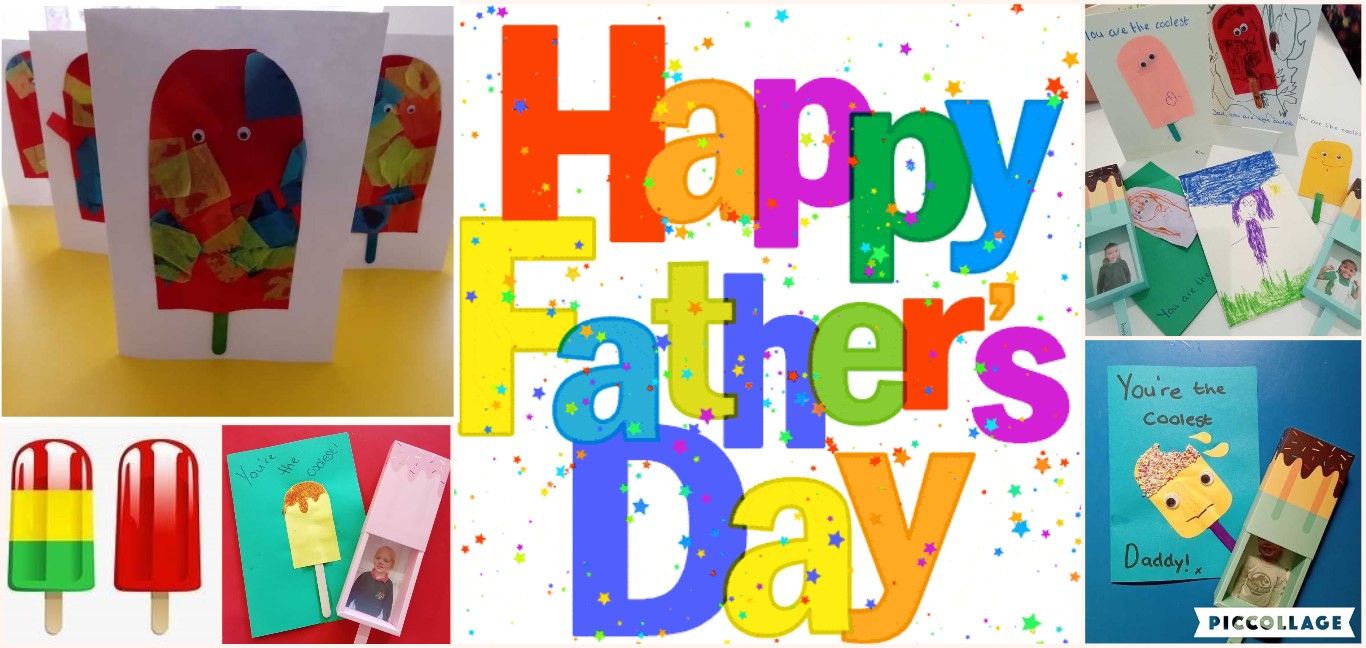Celebrations
October - Black History Month
October marks Black History Month in the UK.
It was first celebrated in the UK in 1987.
It is necessary to to celebrate people from African and Caribbean backgrounds as they were a fundamental part of British history for centuries.

31st October - Halloween
Halloween is celebrated every year on 31 October. It is a fun festival of spooky magic and people like to dress up in fancy dress costumes of ghosts, ghouls and monsters, make pumpkin lanterns, go trick or treating and tell ghost stories.
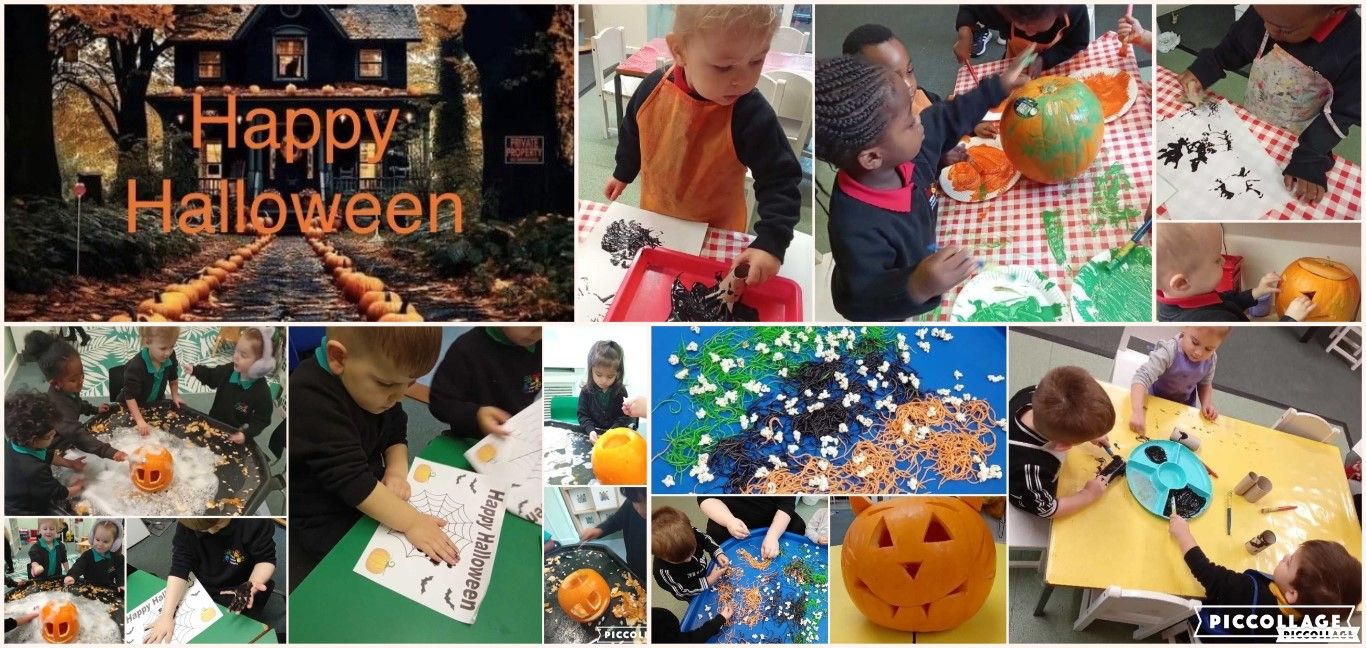
October/November - Diwaili
Diwali is known as the 'festival of lights' houses, shops and public places are decorated with small oil lamps called 'diyas'.
Diwali always falls some time between October and November, but the exact date varies each year as the Hindu calendar is based on the Moon.
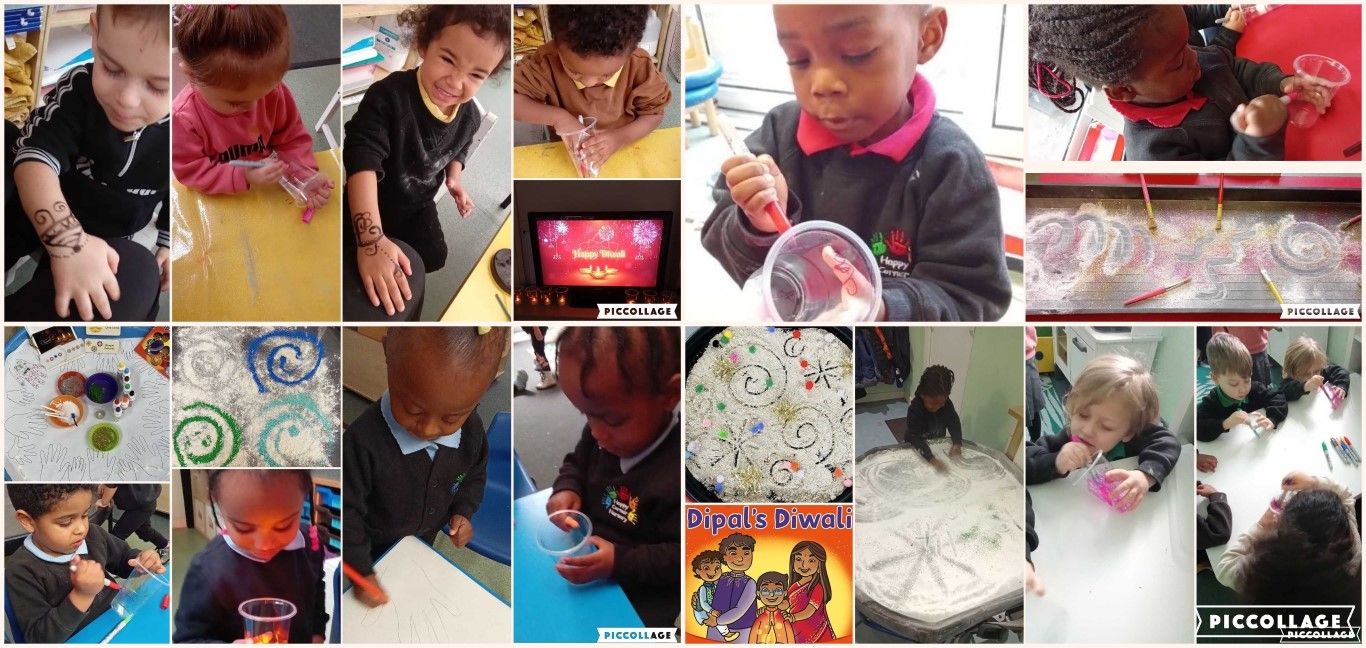
5th November - Bonfire Night
Bonfire Night is celebrated across the UK on the 5th November every year. It is also known as Guy Fawkes Night and Fireworks Night.
Bonfires are lit to commemorate Guy Fawkes' failed attempt to blow up the government in 1605.
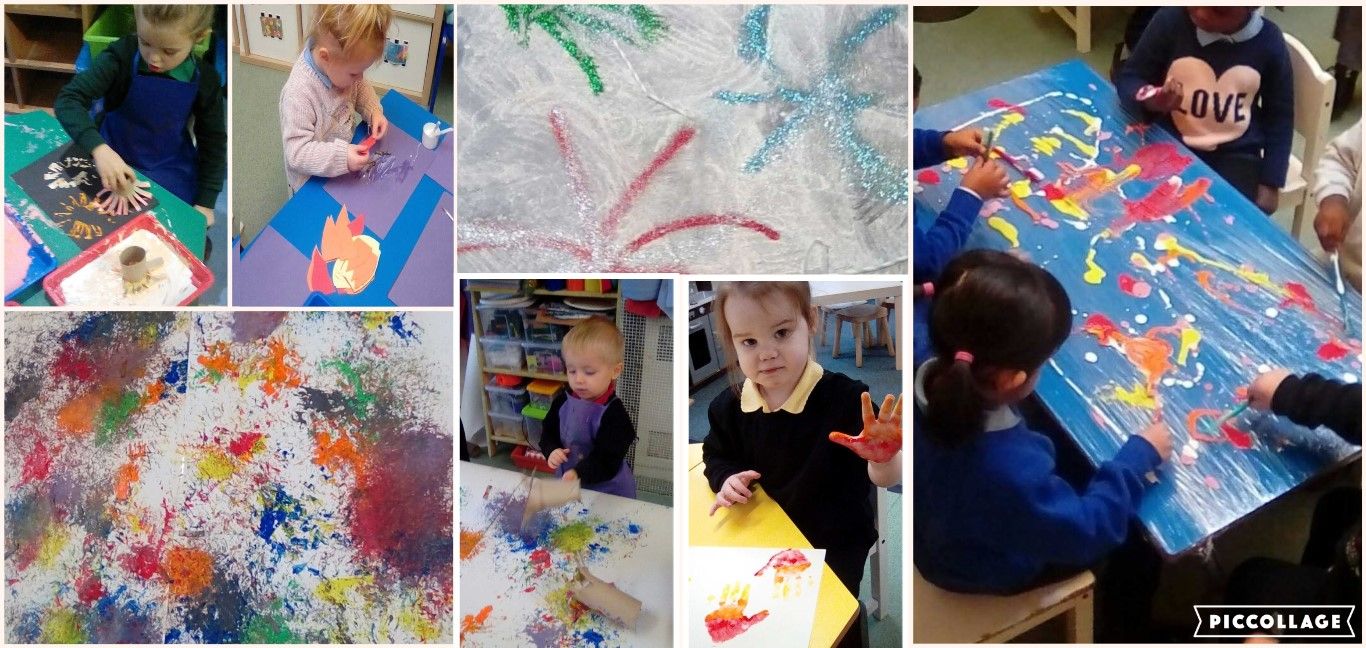
11th November - Remembrance Day
Remembrance Day is observed on November 11 to remember the end of the fighting in World War I.
The Fighting formally ended "at the 11th hour of the 11th day of the 11th month" of 1918, which is when the the armistice was signed.
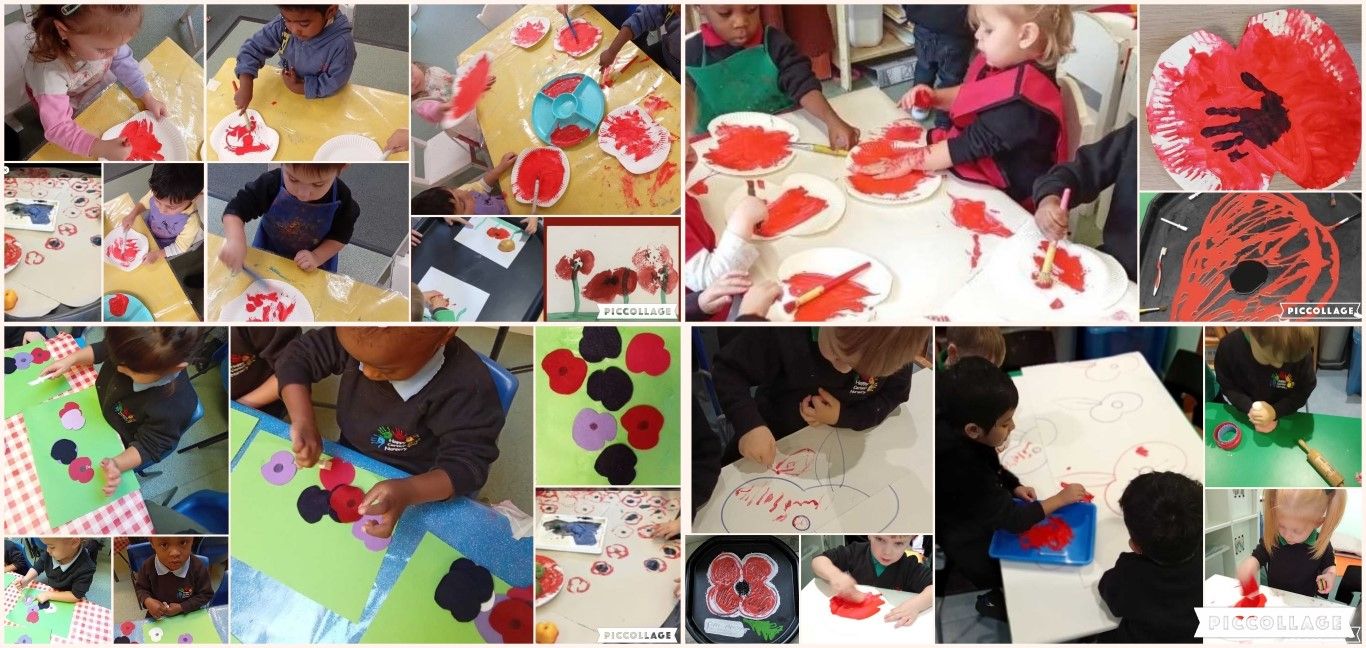
November - Children in need
BBC Children in Need believes that every child should have the chance to thrive and be the best they can be.
The funding team are committed to being there for children across the UK when they need them the most.
The children dressed in Pj's or Pudsey bear clothing for the day to raise money.
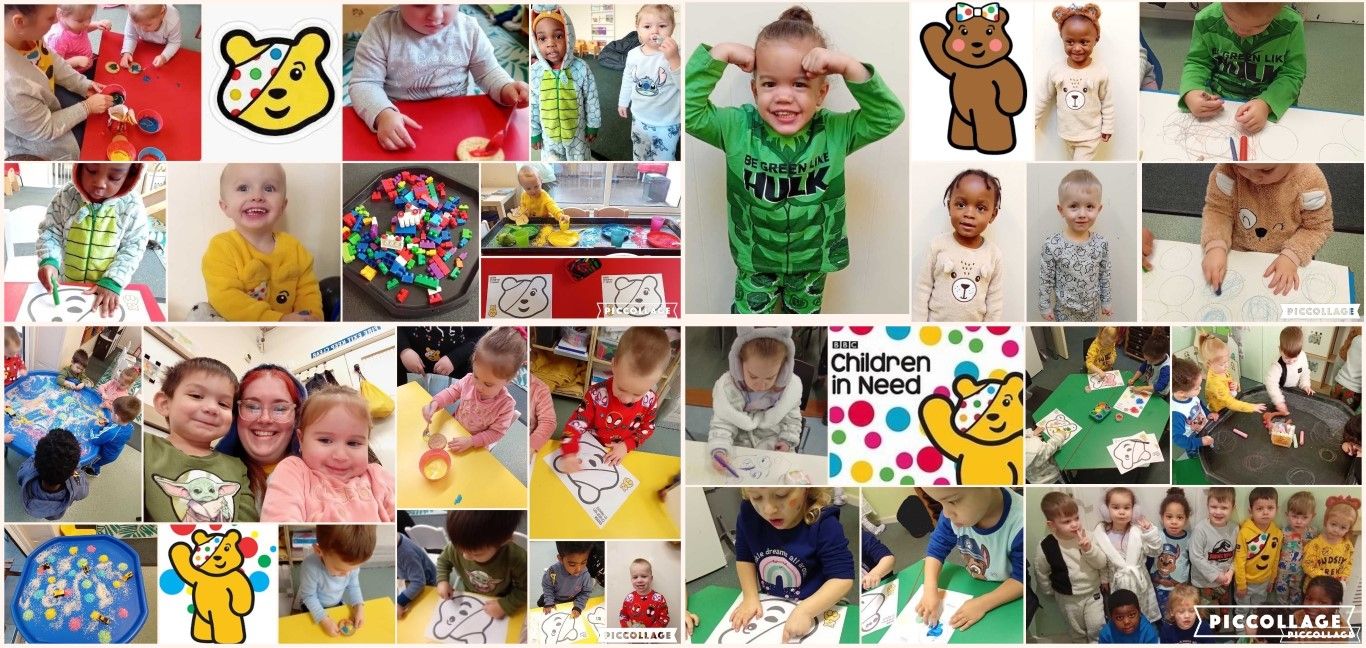
December - Hanukkah
Nursery children have been celebrating Hanukkah, which is the Jewish Festival of lights and it lasts for 10 days.
To celebrate Hanukkah the children finger painted candles to represents the candles being lite every night in a special menorah, ate sufganiyot (jelly doughnuts), the younger children watching the cartoon version of the story of Hanukkah and the older children discussed the story and key words in more details.
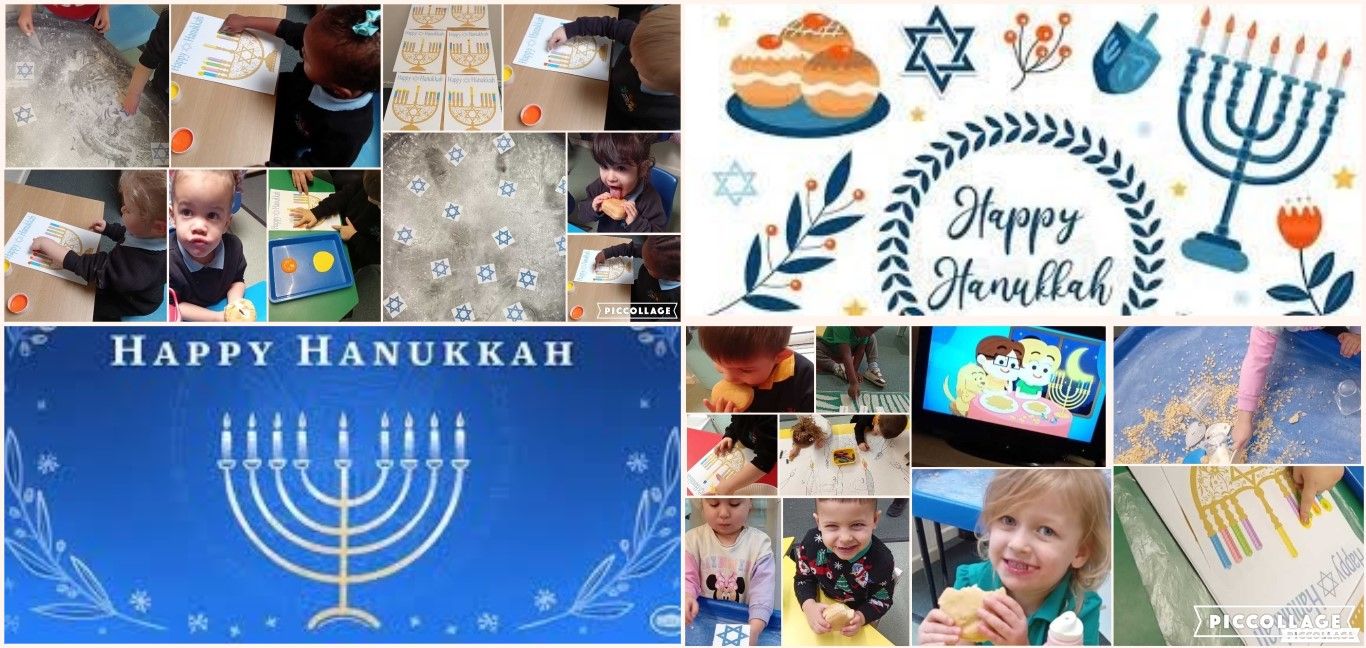
25th December - Christmas
Christmas is a Christian holy day that marks the birth of Jesus, who Christians believe to be the Son of God.
Jesus was born in Bethlehem to a woman called Mary and man called Joseph.
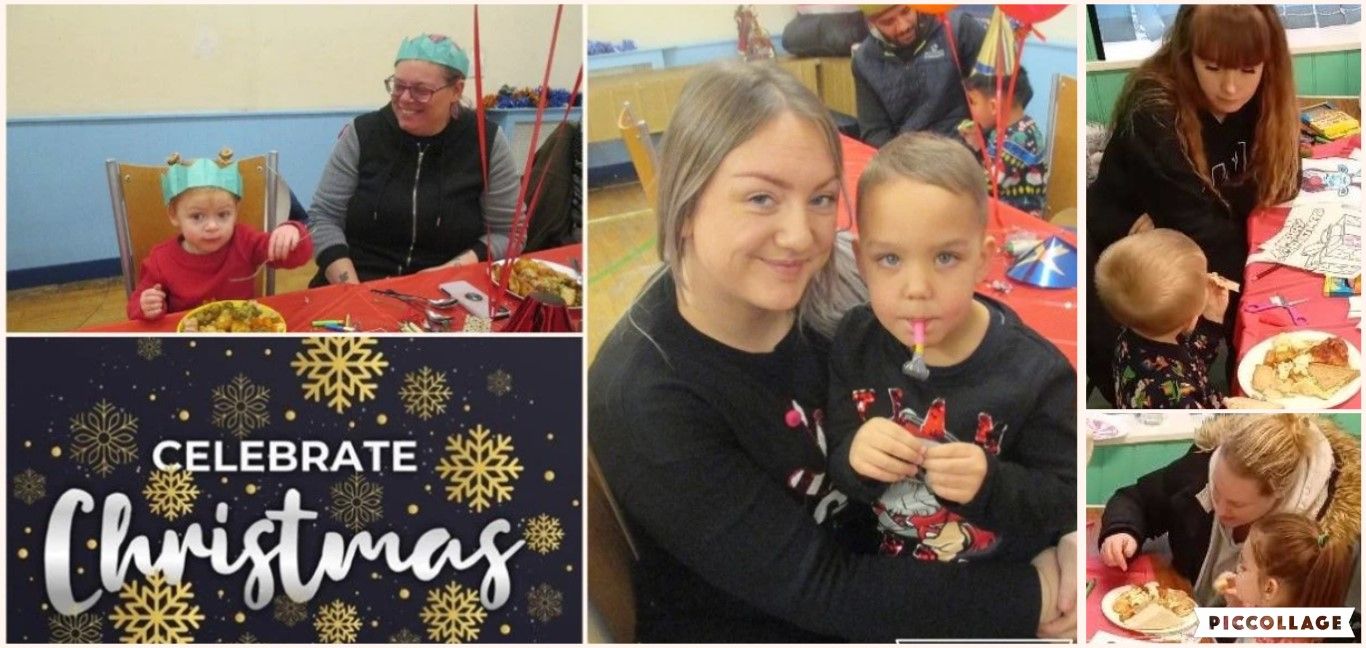
25th January - Burns Night
On the 25th it is the Birthday of the Scottish poet Robert Burns, on which celebrations in his honour are traditionally held in Scotland.
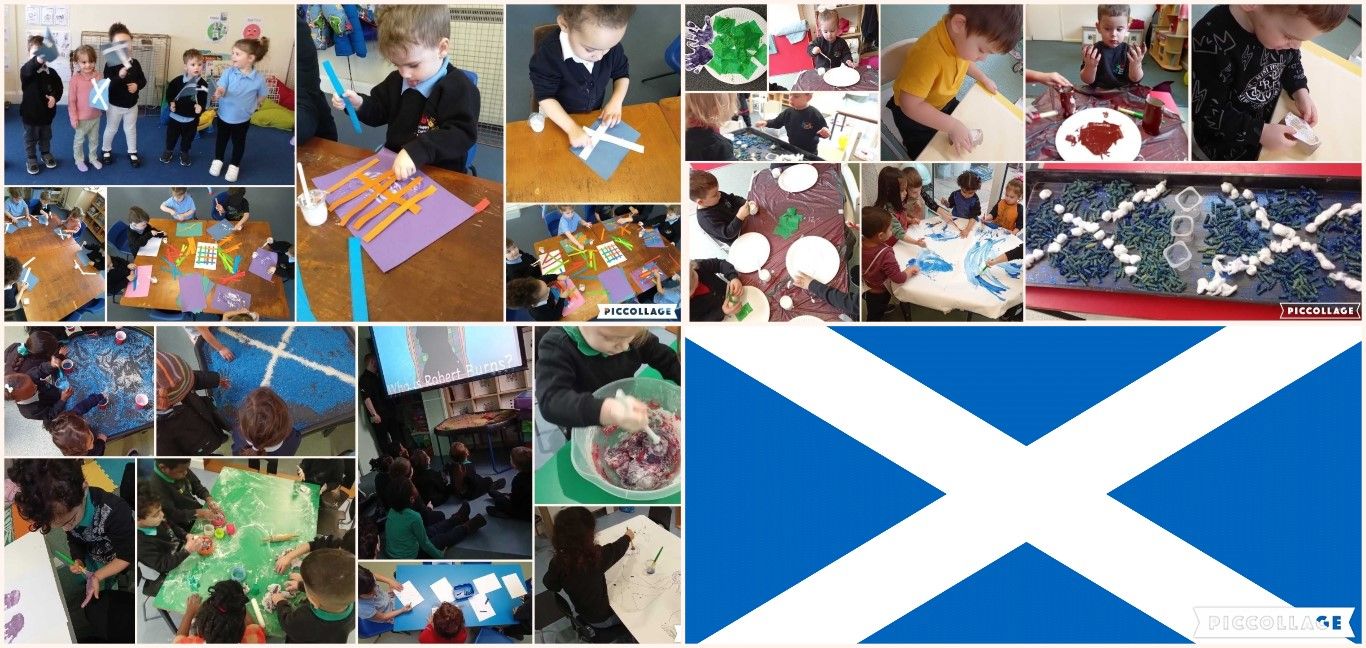
January - Chinese New Year
Chinese New Year is the biggest holiday celebrated among Chinese people.
It is often referred to as the spring festival because it signals the beginning of spring. It is a time when families and friends get together to say goodbye to the old and welcome the new.
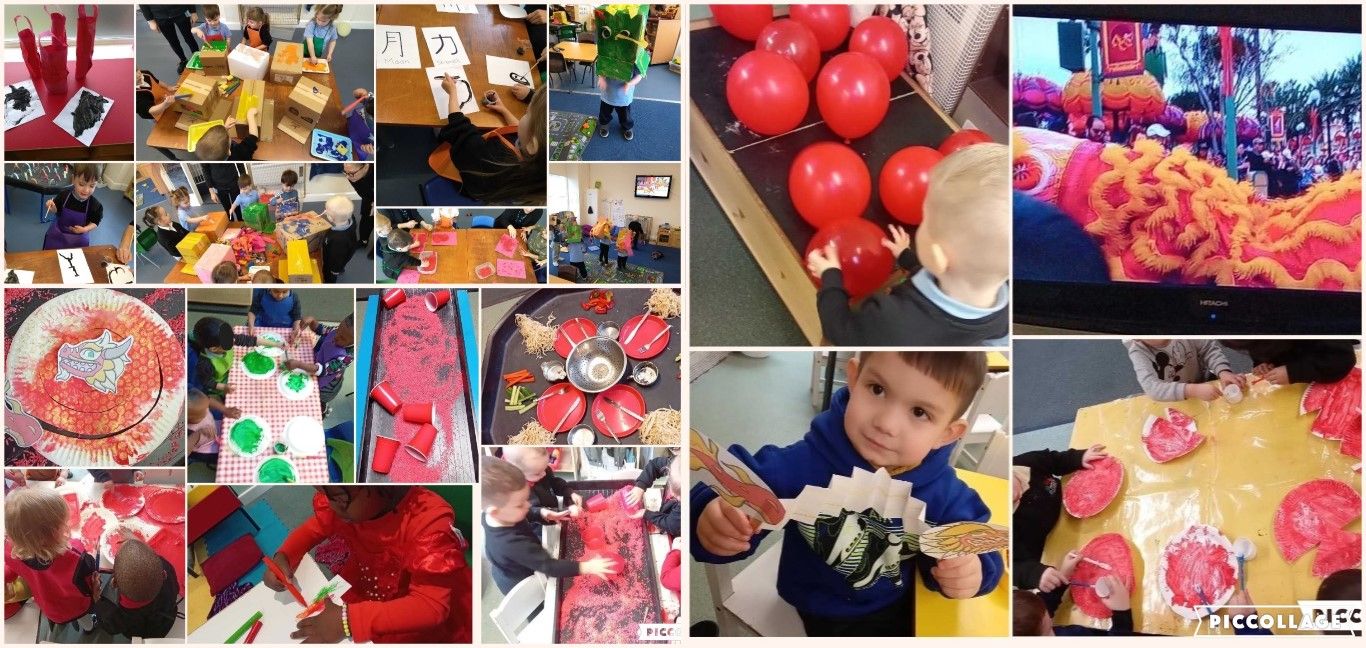
February 14th - St Valentine's Day
Valentine's Day is the day of love and affection celebrated annually.
It's also known as Saint Valentine's Day or Feast of Saint Valentine. Every year, people show their love for one another by sending Valentine's cards and giving gifts such as chocolates, flowers and teddy bears.
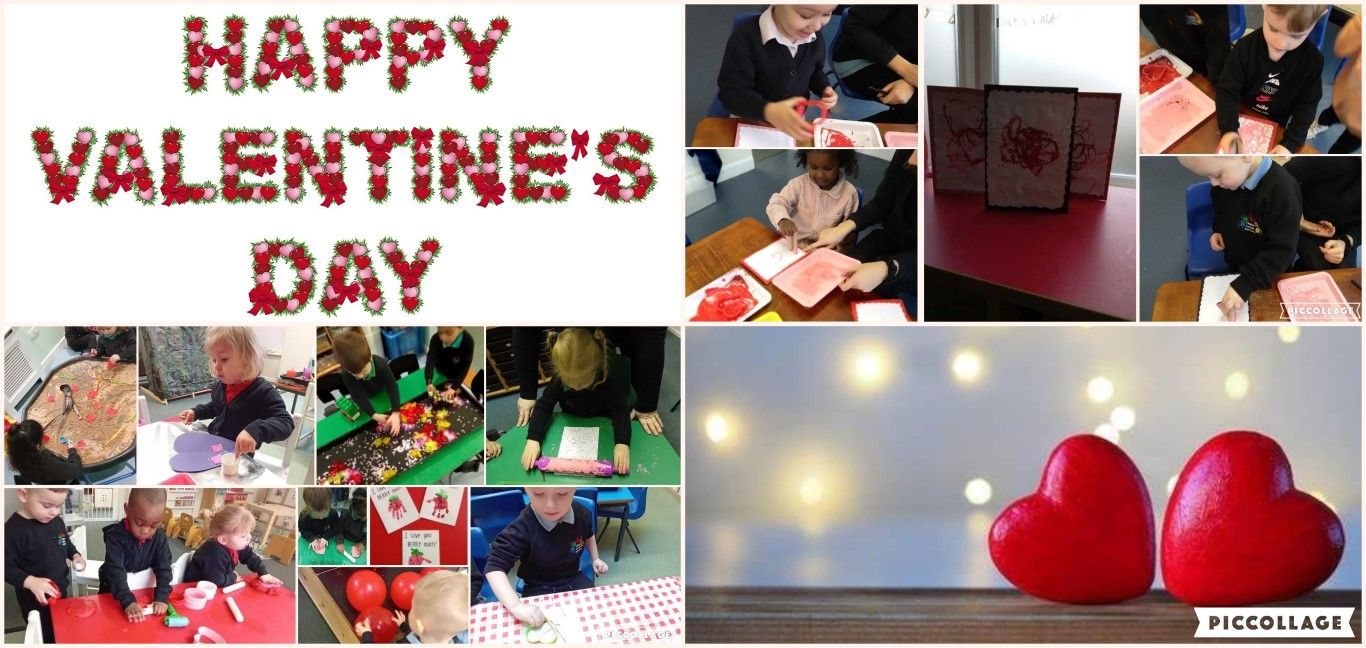
MARCH 1st - St David's Day
St David's Day is a celebration of the patron saint of Wales, St David.
It is celebrated on the 1st March every year and is a national holiday in Wales.
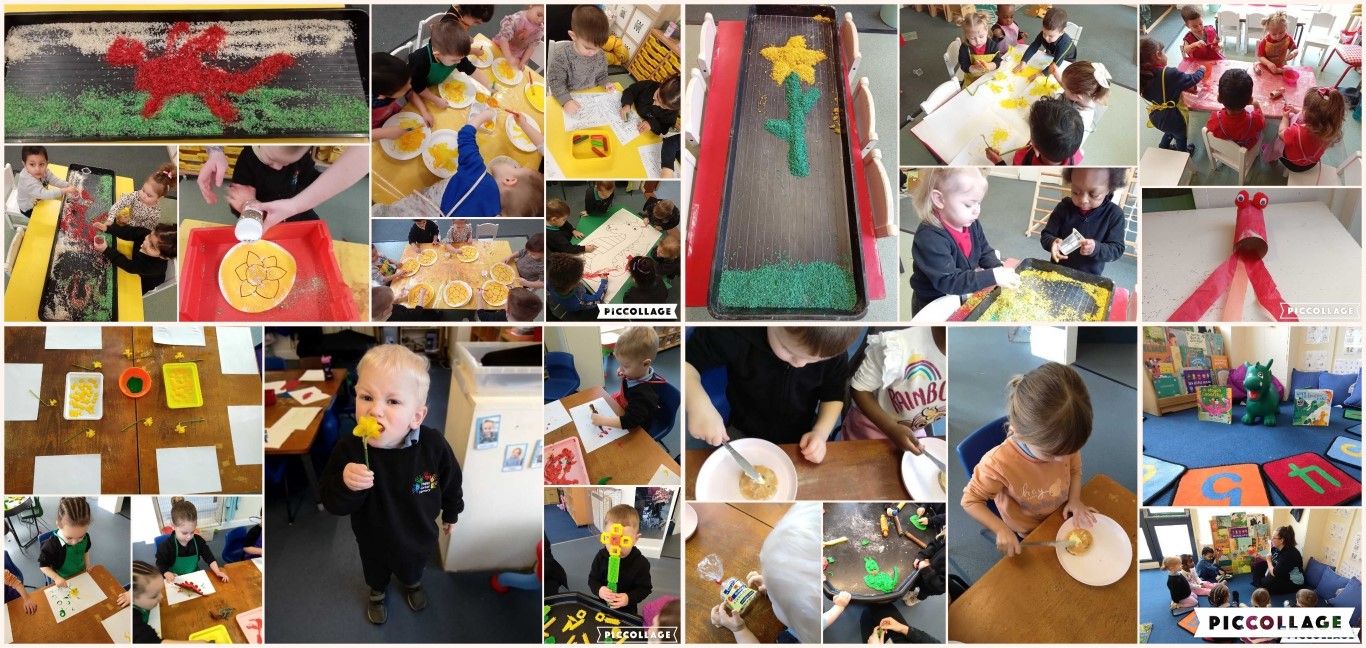
MARCH - World Book Day
The children dressed in fancy dress as their favourite book characters.
World Book Day changes lives through a love of books and shared reading and was originally started in April 1995 as a way to help children fall in love with reading.
Charities are donated as a way to also help children and families who wouldn't normally be able to buy those books.
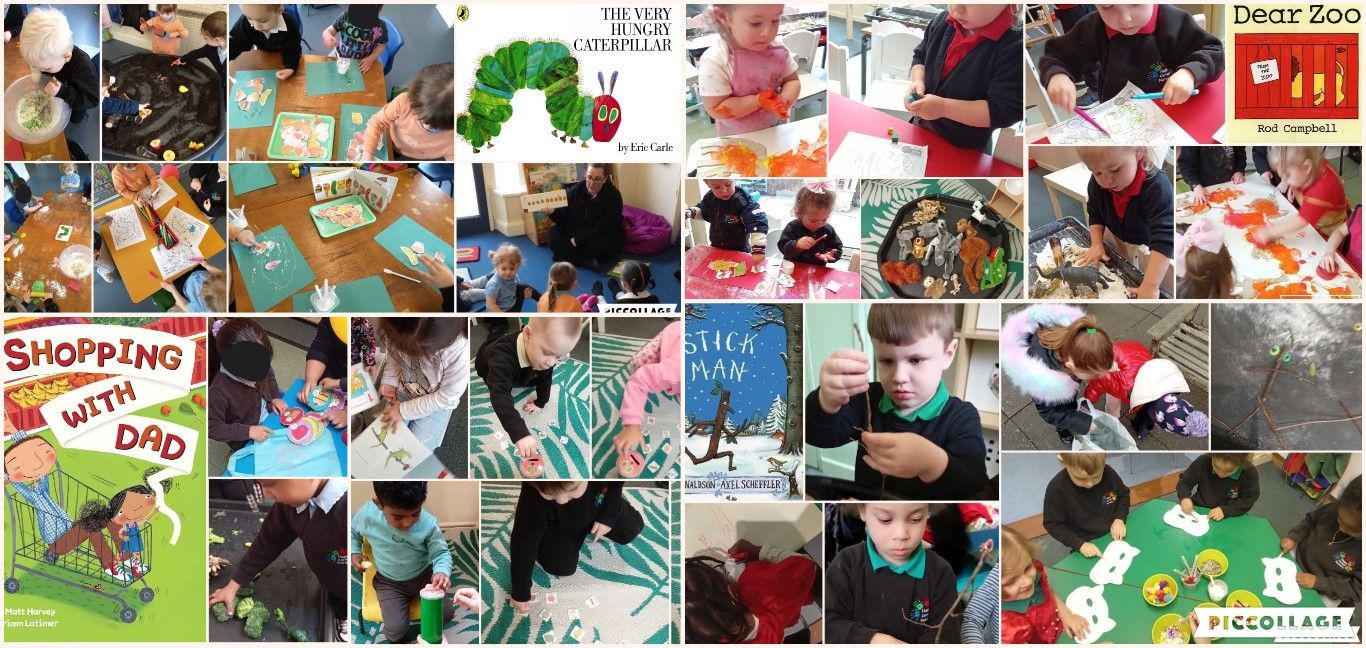
MARCH 17th - St Patrick's Day
St. Patrick's Day is packed with parades, good luck charms, and all things green. The event started as a religious holiday, but over time it's become a celebration of Irish culture.
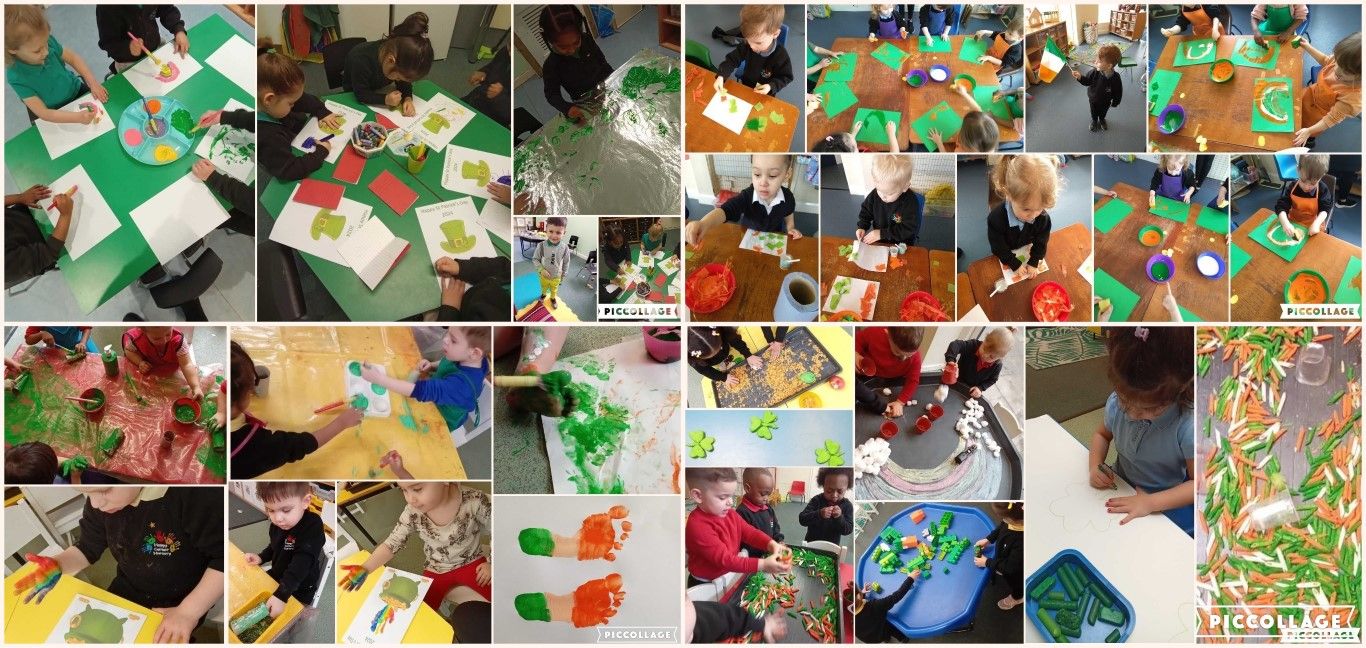
MARCH - Red Nose Day
The children dressed in Pj's for the day to raise money. Red Nose Day is an annual fundraising campaign with the mission to end child poverty by funding programs that keep children safe, healthy, educated and empowered.
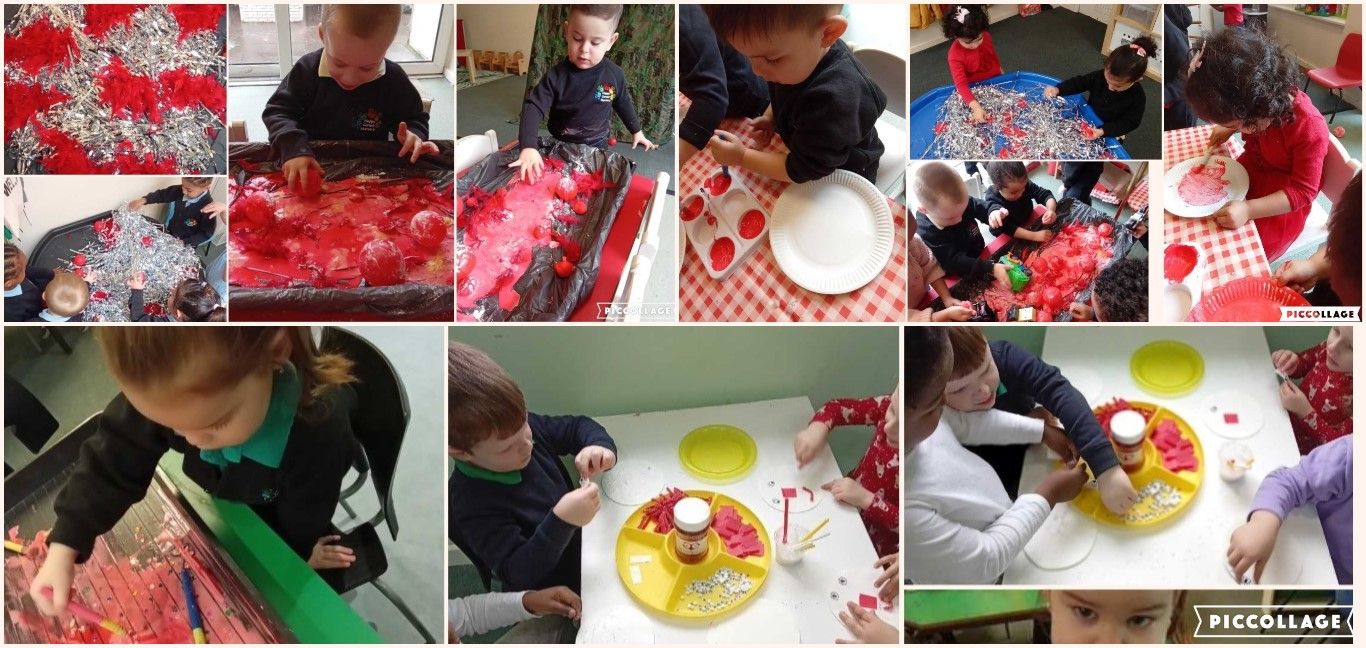
MARCH - Ramadam
Ramadan is the ninth month on the Islamic calendar, which marks important holidays and events for Muslims (people who practice Islam).
During Ramadan people fast, or refrain from eating and drinking, while it's light outside.
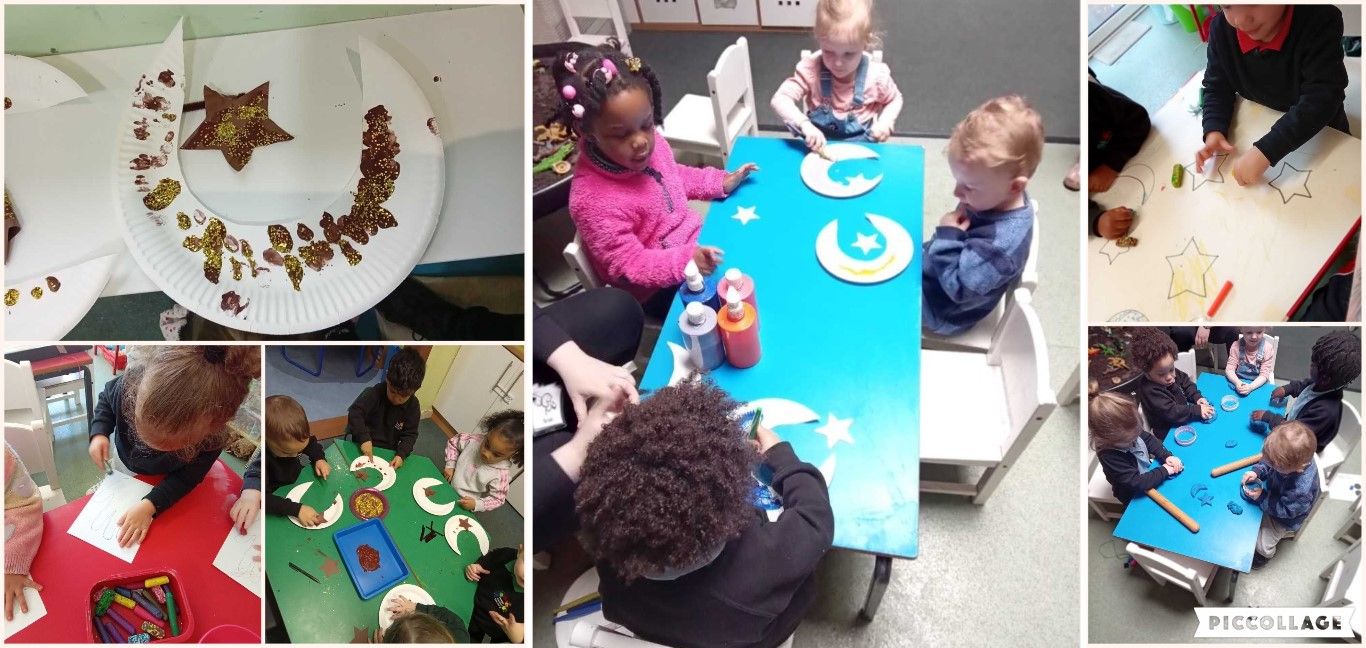
MARCH - Mothers Day
Mother's Day is a celebration when children think about their mother, and thank them for taking care of them.
Mums receive presents and cards from their children.
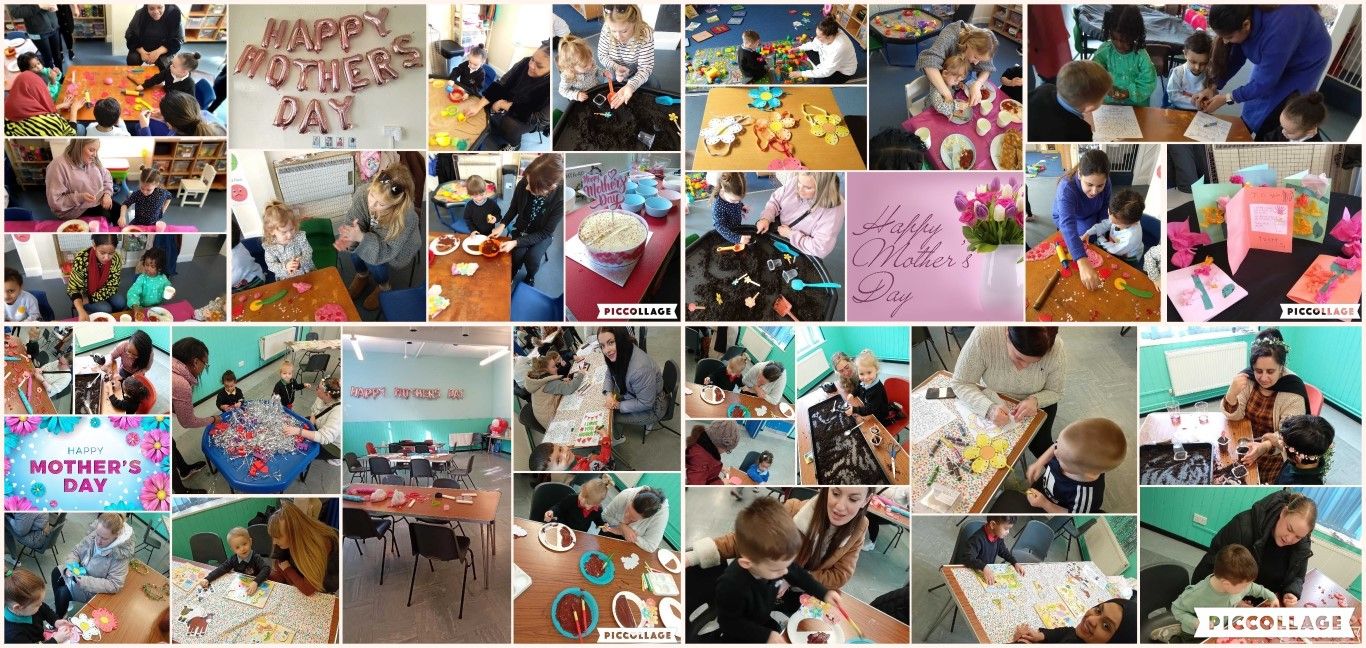
March/April - Easter Egg Coloring Competition
Children have the opportunity to take part in a colouring competition to win Easter prizes.
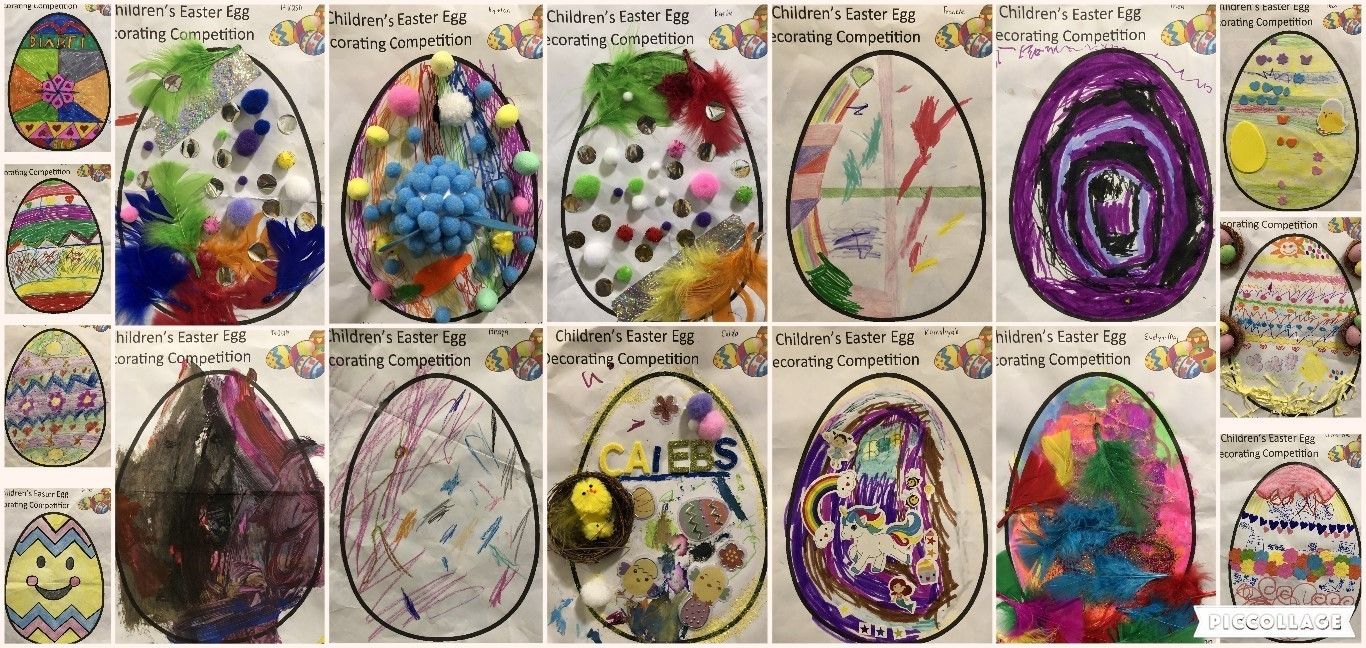
April - Easter
Children celebrate Easter by giving and receiving eggs, these represent new life and rebirth, and the Easter Bunny which has a legendary of giving gifts.
In some households, children put out their empty baskets at night for the Easter Bunny to fill up while they sleep or take part in egg hunts.
On Good Friday Jesus was crucified on the cross and Easter Sunday marks Jesus's resurrection.
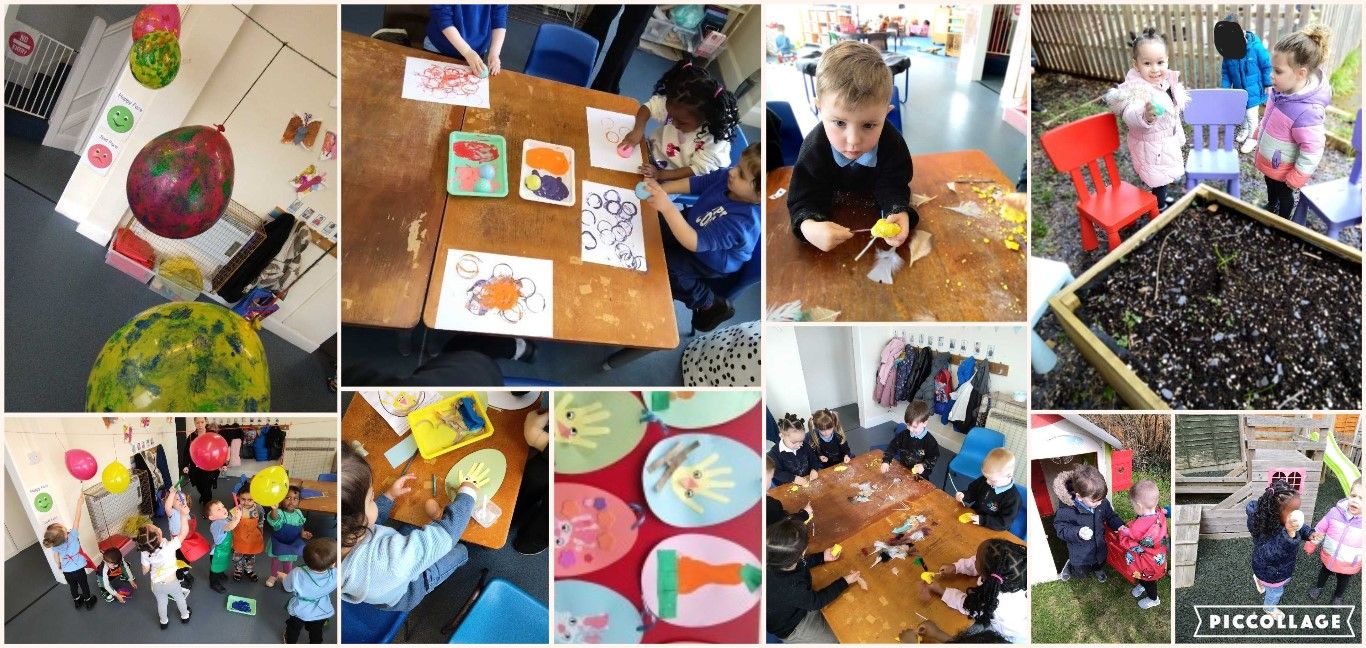
April - Eid
Eid al-Fitr, also known as Eid, is a Muslim holiday which marks the end of Ramadan, the Islamic month of fasting.
Celebrations continue for one, two or three days, and people wish each other Eid Mubarak (Blessed Eid) or Eid Said (Happy Eid).

APRIL 23rd - St George's Day.
England remembers St George, England's patron saint on the day of his death.
It is seen as the England's national day.
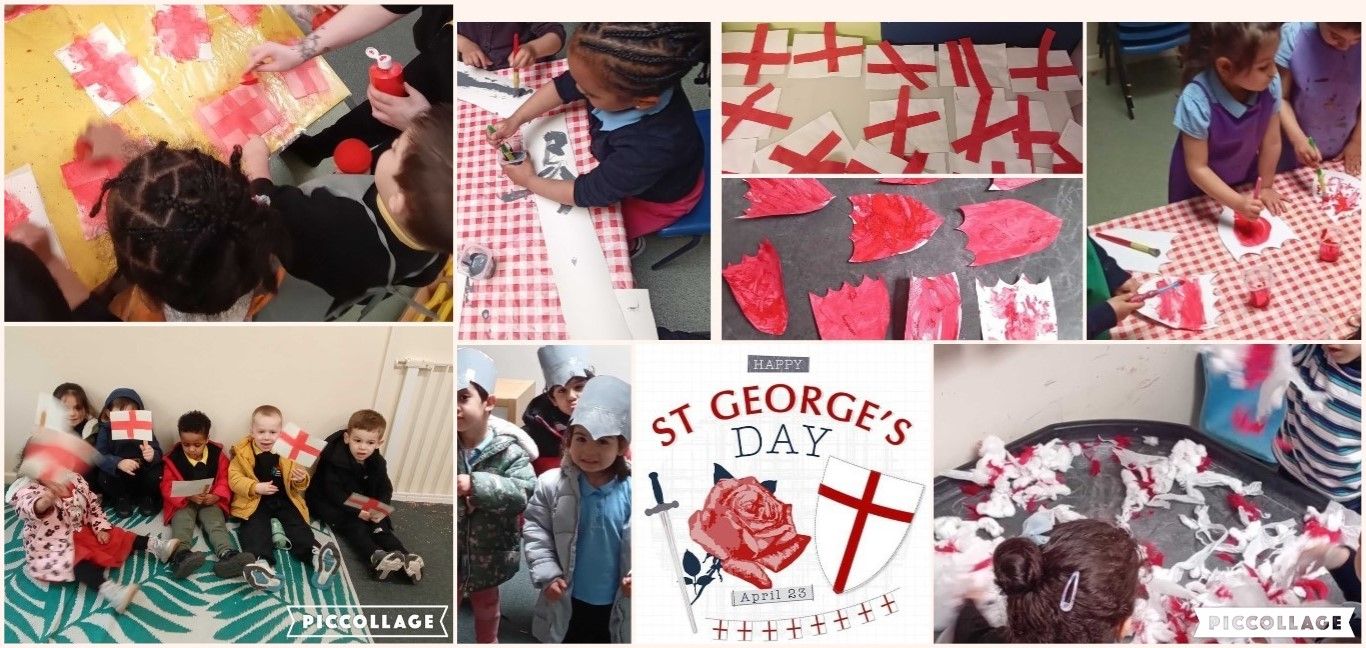
5th & 6th May 2023 - King Coronation Celebrations.
The coronation is the ceremony in which Charles will be crowned king. The tradition dates back hundreds of years and will take place in Westminster Abbey in London. Charles will be crowned King Charles III on Saturday 6th May 2023. The nursery celebrated with a garden party.
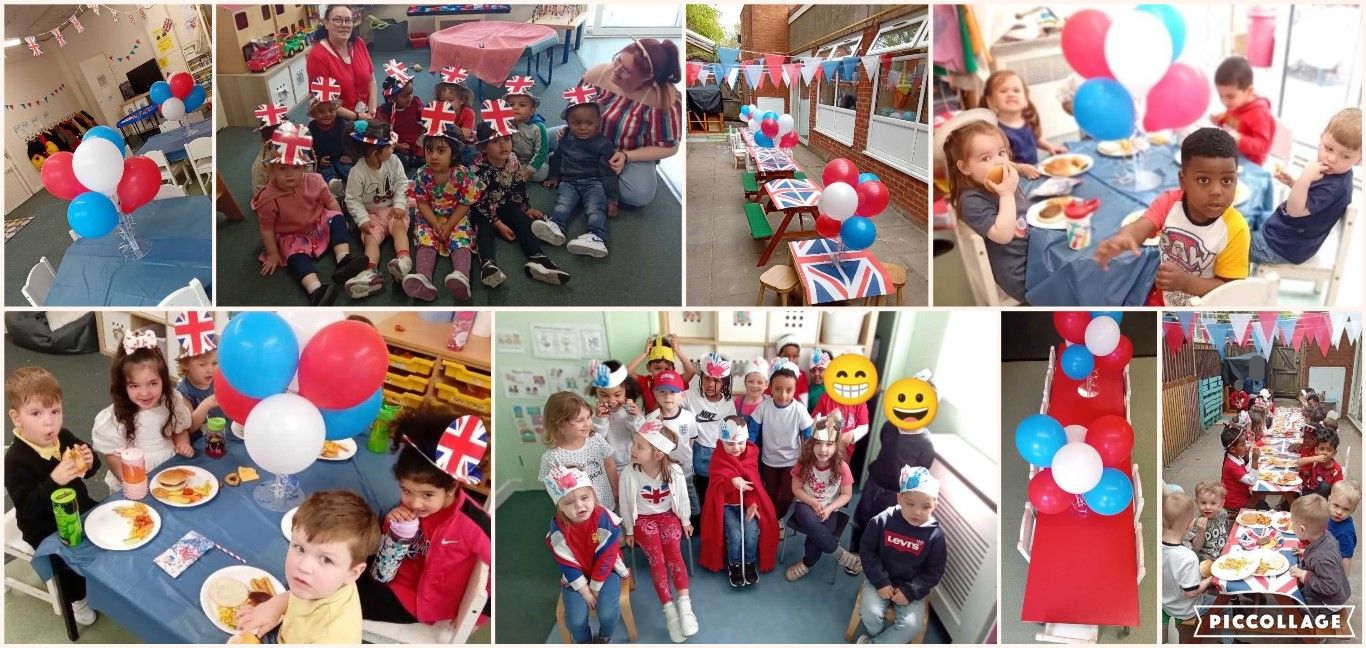
JUNE - Father's Day
Fathers Day is a celebration when children think about their Father's, and thank them for taking care of them.
Father's receive presents and cards from their children.
